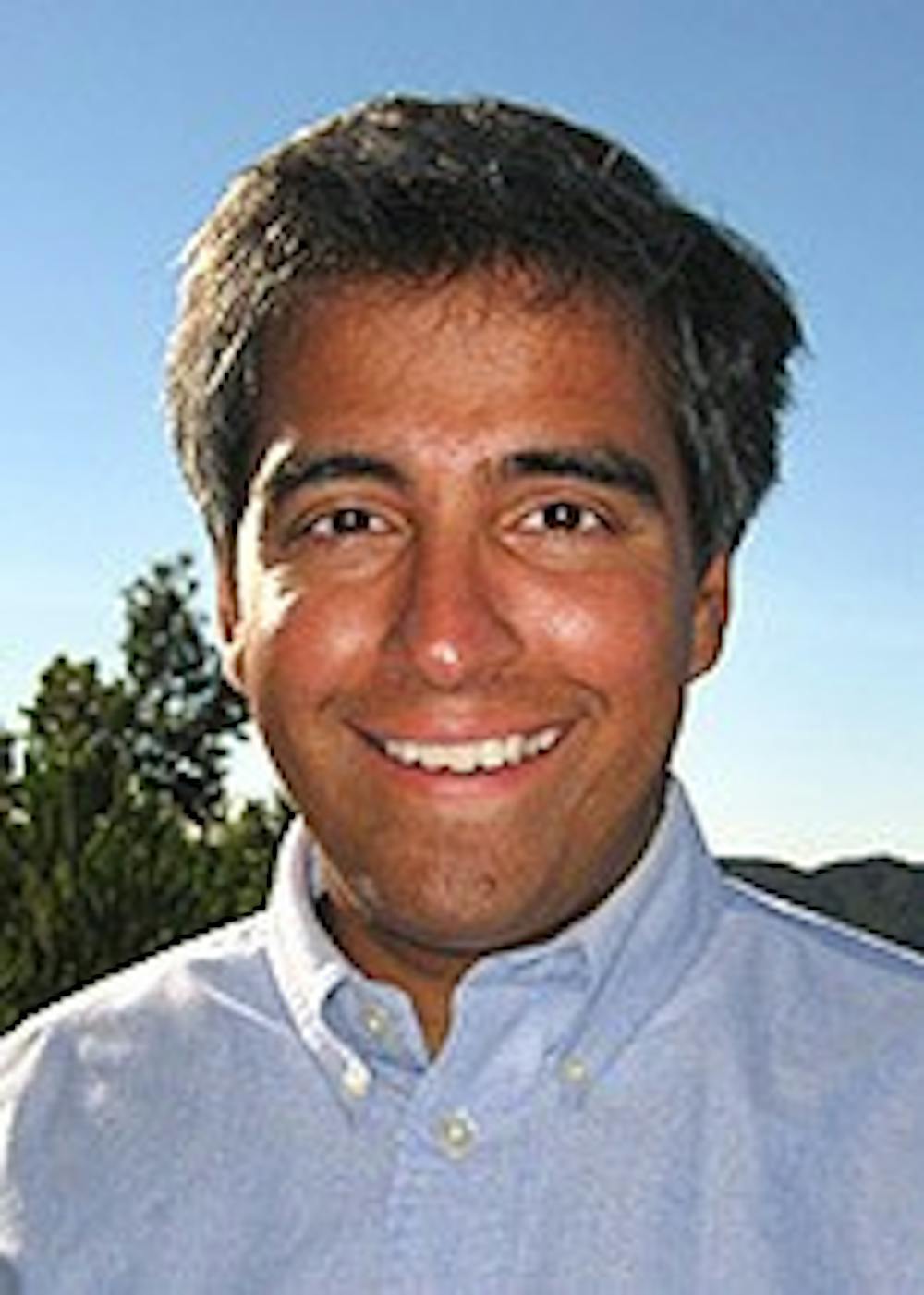Just months after former University President Shirley Tilghman called Career Services “a work in progress,” the University announced on Monday the appointment of its inaugural Executive Director, who will not replace but rather outrank the office’s current Director.
Pulin Sanghvi — the former Director of the Career Management Center at the Stanford Graduate School of Business, a role he started in 2010 — will take up office at the University on Dec. 1.
In his new position, Sanghvi will “set the overall vision and goals of Career Services” as well as “broaden career exploration” for students, a press release said. In particular, Sanghvi will expand offerings for students interested in the arts, nonprofit organizations and public service.
According to the latestCareer Services report, 20.7 percent of the class of 2012 went on to work full-time at a nonprofit, 1.2 percent worked in “public administration” and 0.6 percent worked in “arts, entertainment and recreation.”
Sanghvi will report to Vice President for Campus Life Cynthia Cherrey.
Director of Career Services Beverly Hamilton-Chandler is currently the highest-ranking official in the office. Although Sanghvi said in an interview that his position will outrank hers, he added that he looked forward to working together with others in the office.
“I certainly don’t pay a whole lot of attention to organizational structures,” he explained. “I am very focused on working collaboratively.”

Director of Career Services Beverly Hamilton-Chandler and Vice President for Campus Life Cynthia Cherrey declined to be interviewed.
Sanghvi said that in his new role he will work to help students find their true calling.
“One of my inspirations has actually been the Dalai Lama,” Sanghvi said. He explained that in the search of a career path, students ought to find their “calling,” which he defined as “work that is so well aligned with who you are and what you most care about.”
Sanghvi explained that according to the Dalai Lama, those that look for a “job” are looking solely to earn a living and put food on the table, those that search for a “career” are more concerned with status and recognition, but those who find their “calling,” are those who find the ideal path for themselves.

At Stanford, Sanghvi saw the Graduate School of Business not only rise to the top of business school rankings but also to the top of the heap for starting graduate salaries. Its alumni earned the highest starting base salary in the country, taking $129,652 on average, according to the2014 U.S. News & World reportbusiness school rankings.
Currently, 31 percent of Stanford Business School graduates go on to work in the technology industry, 26 percent work in financial services and 19 percent work in consulting, according toBusinessweek.
Stanford, in announcing Sanghvi’s appointment in 2010,described himas “a seasoned management consultant, corporate recruiter, and career advisor.”
The new position of executive director wasadvertised on the University’s online job boardstarting on March 30. The position was originally expected to be filled by Aug. 1.
In September, the Priorities Committeeallocated an awardof $180,040 for fiscal year 2014 to hire an executive director.
The search for a director was led by Chuck O’Boyle of C.V. O’Boyle, LLC, a consulting firm that specializes in searches for higher education talent.
An “interview committee” made up of faculty, staff, alumni and students assisted in the search, the University’s press release said. University Spokesperson Martin Mbugua declined to identify the members of the committee.
Sanghvi graduated from Yale University with a bachelor of arts degree in economics and went on to the Stanford Graduate School of Business to receive a MBA.He formerly worked for financial services firm Morgan Stanley and for the consulting firm McKinsey & Company.
While working at McKinsey’s Palo Alto office, Sanghvi was one of the firm's key recruiters for Stanford, the 2010 announcement said. While working in Morgan Stanley’s New York office, he was also critical to the firm’s recruitment efforts at Yale.
“While I have spent some of my previous work in consulting and finance I have also been deeply involved with nonprofit work,” Sanghvi said pointing to his involvement in Positive Coaching Alliance, a not-for-profit organization working to develop the culture around youth sports.
Sanghvi sits on the board of directors for Positive Coaching Alliance, which was founded in 1998 by the Stanford University Athletic Department.
Sanghvi explained that he first got involved with the organization in its early steps and helped expand it nationally. “They have been a core part of my life,” he said.
After spending years in consulting and finance, Sanghvi said his life took a new direction when he worked for the Career Management Center at Stanford Business School.
“When I was starting to enter my early 30s I started to find my own voice and started to realize how much freedom I had to shape my own career,” he said.








